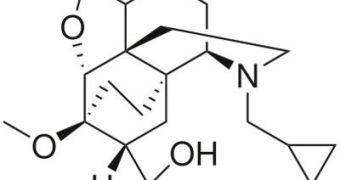Researchers from a Swedish university have recently demonstrated a clear connection between the number of instances in which children received anesthesia and their ability to learn new things. It would appear that this cognitive function is considerably impaired by the chemical cocktails that make up anesthesia drugs, but the research team highlights that fact that the effects can be reversed to some extent, through physical activity. The investigators were based at the Sahlgrenska Academy, a part of the University of Gothenburg, AlphaGalileo reports.
“Pediatric anesthetists have long suspected that children who are anesthetized repeatedly over the course of just a few years may suffer from impaired memory and learning. This is a theory that is also supported by foreign research,” says Sahlgrenska Academy researcher and Queen Silvia Children’s Hospital professor Klas Blomgren. The scientist is also the author of a new paper detailing the findings, which appears in the latest issue of the respected scientific Journal of Cerebral Blood Flow & Metabolism.
The Swedish team arrived at these results by mistake. They were conducting investigations to learn how imaging techniques such as Magnetic Resonance Imaging (MRI) were affecting the brain. They were using rats and mice, and they noticed a link between stem cell loss and anesthesia. The group figured out that the radiations the medical devices were giving off were not actually affecting the hippocampus of the lab rodents. However, the chemicals used to put them to sleep did.
“We found that repeated anesthesia wiped out a large portion of the stem cells in the hippocampus, an area of the brain that is important for memory. The stem cells in the hippocampus can form new nerve and glial cells, and the formation of nerve cells is considered important for our memory function,” the expert says. “Despite extensive attempts, we have not been able to understand exactly what happens when the stem cells are wiped out. We couldn’t see any signs of increased cell death, but are speculating that the stem cells lose their ability to divide,” he explains.

 14 DAY TRIAL //
14 DAY TRIAL //